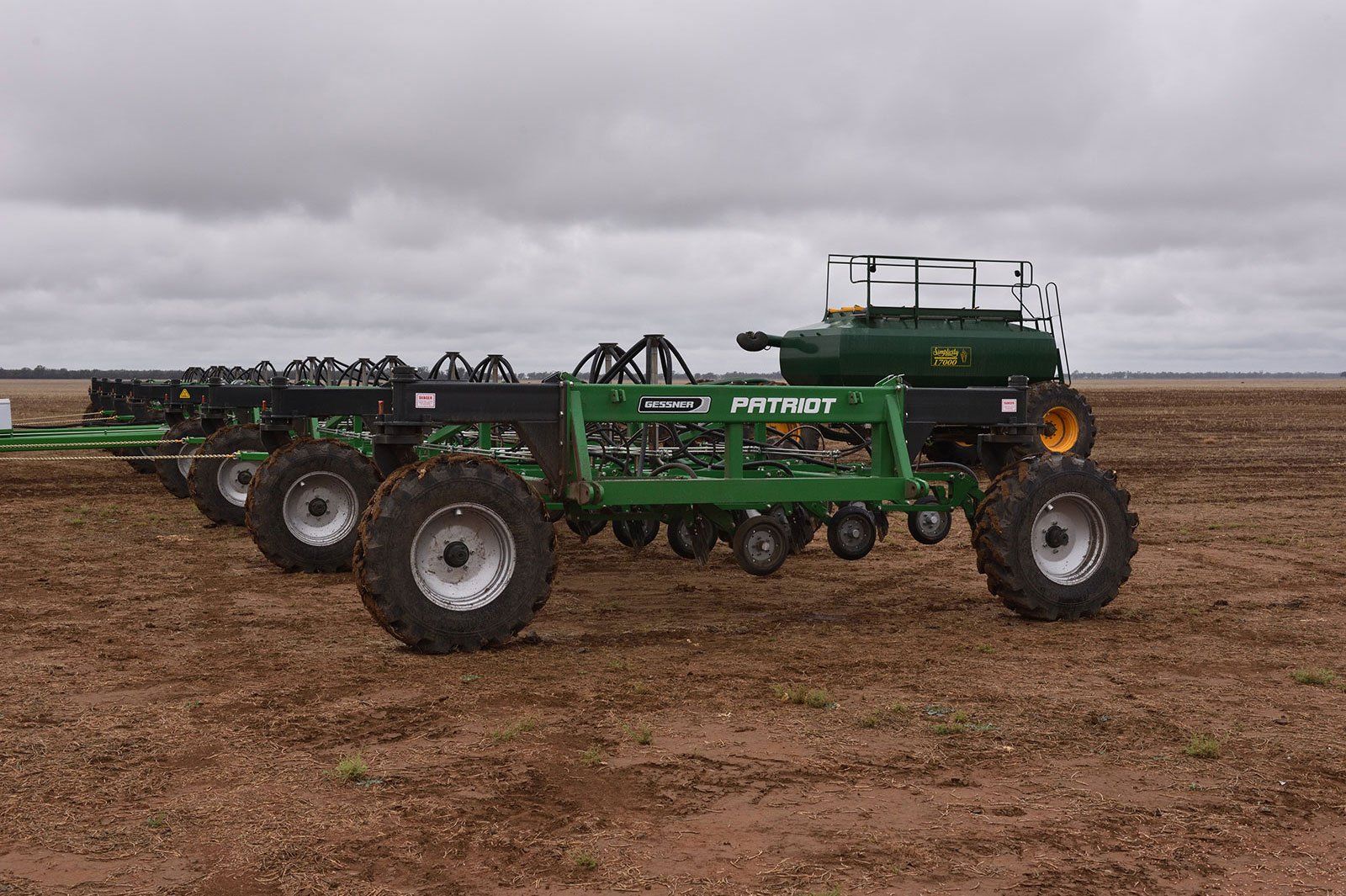1MG FlippingBooks
Australian agricultural manufacturing: state of the art
It’s a breezy winter day in Toowoomba but the sun is out. Both the weather and this town are invigorating. Positioned between the great expanses of grazing land in Queensland and the country’s biggest broadacre farming state of NSW, Toowoomba is a dynamic hub for farming ideas and manufacturing.
I’m visiting with Michael O’Connor who, along with brother Jim, took over Gessner Industries five years ago and has roughly doubled the 40-year-old company’s turnover since. With Michael’s multi-decade experience in agricultural manufacturing, I’m in the right place to ask questions about what it takes to compete and grow as an Aussie manufacturer in today’s increasingly competitive environment.
I’m convinced that Australia could and should be some kind of world leader in manufacturing within agriculture for a range of reasons, not least our history, farm productivity and education levels. I’m a little hesitant, given the state of manufacturing overall in Australia, but Michael takes a more tempered view.
“Yes, there is increasing competition and import activity, though we have the capacity to capitalise on all sorts of niche areas and can export, specialise and adapt,” says Michael. “There are a lot of areas we should be tackling.”
He believes the farmer and the market itself are useful guides, though perhaps not often enough examined carefully.
“Getting a business like ours right comes down to listening to the farmer and interacting – it’s a conversation, an exchange,” he says. “Sometimes we need to guide as well as listen – our job for the farmer is to de-complicate things.
“And this is where a top design and engineering team is absolutely essential – you need quality draughtsmen to work an idea through. And I continue to tell the farmer that we need to keep the simplicity in it.”
Michael’s mantra on simplicity may seem at odds with the company’s reputation for new thinking, but there is no rule that innovation must represent layers of new complexity. This attitude may well be responsible for Gessner’s success in recent years in export to markets in Zambia, Zimbabwe, Thailand, Indonesia and elsewhere in Africa and Asia.
The core of Michael’s engineering philosophy is to identify real needs, to understand what farmers do – precisely – and why they do it. The result, he believes, is robust, simple products which will sell to the expected volume and gain a reputation as word of mouth travels.
Michael points out that there will always be customers with special needs. Adaptation of machinery ought to be a regular skill set as he sees it, and sometimes a full-on collaboration will result in a new product. With imports on the rise, this is potentially a steady source of income for the Australian manufacturer – underlining the need for strong engineering skills.
“Collaboration with the farmer is of course one of the tenets of doing well, but this is about jointly identifying real needs and getting the business model right,” says Michael. “Where is the main market? We’d rather build and sell 100 units of an implement or machine at $50,000 than five units at $100,000.”
Notably, such thinking does not preclude coming up with fresh collaborative ideas which can lead to a new product line.
“We worked with one farmer on a new approach to a pasture maintenance implement which will now become a permanent member of our range,” says Michael. “This too has potential for variations.”
In closing our conversation, I ask Michael for his thoughts on the Australian agricultural manufacturing industry and where we can go from here.
“We do not have the luxury of a mass market, but we have a great farming laboratory here and many of the world’s best farmers,” he says. “We should never underestimate the power of early adopters, and we have them. With ingenuity and business rigour there is no reason why we can’t succeed – there is a huge opportunity.”















